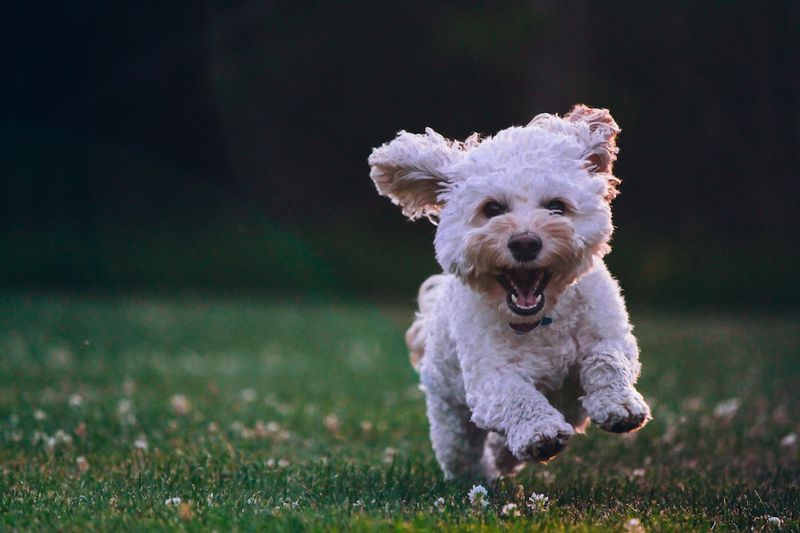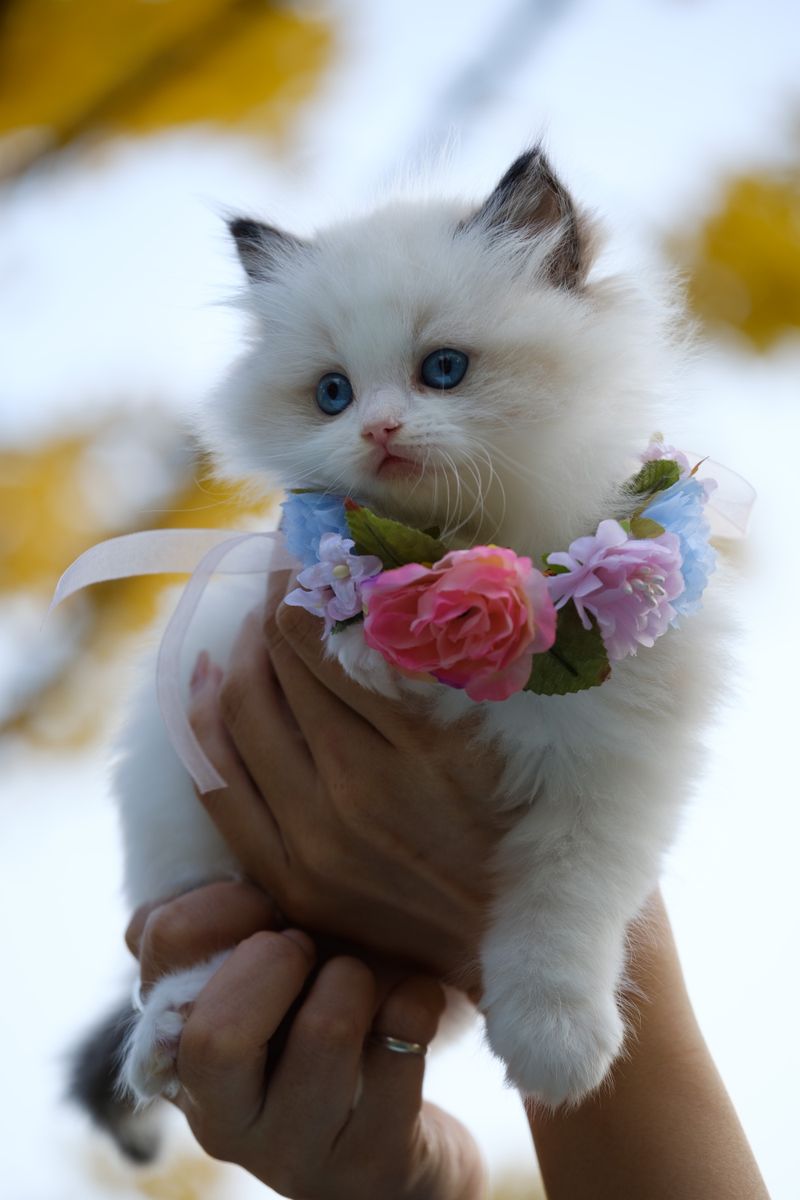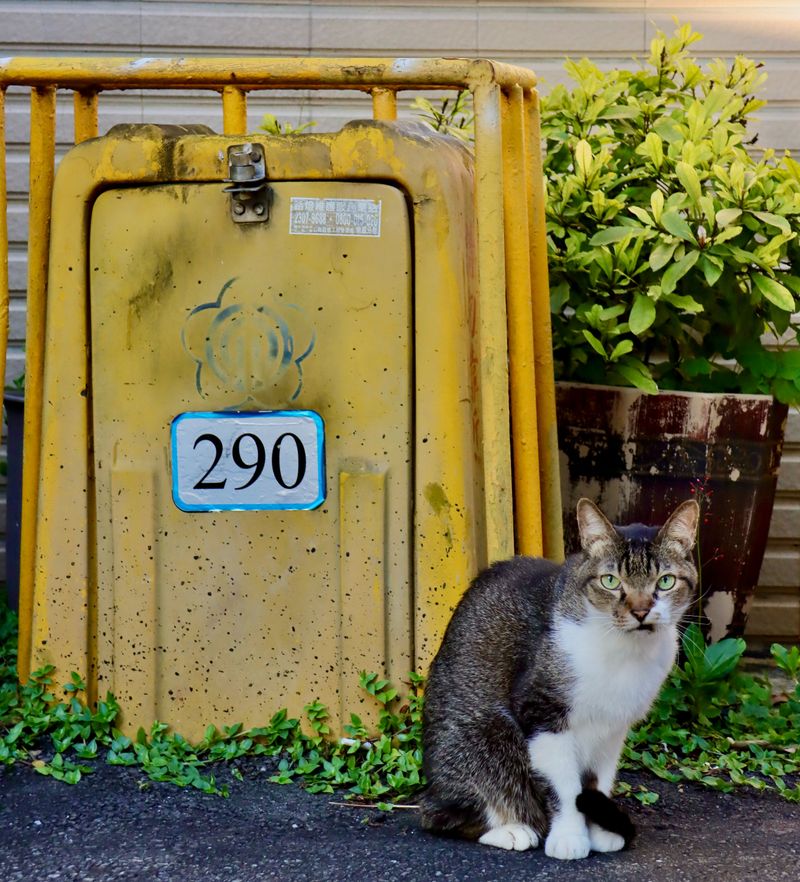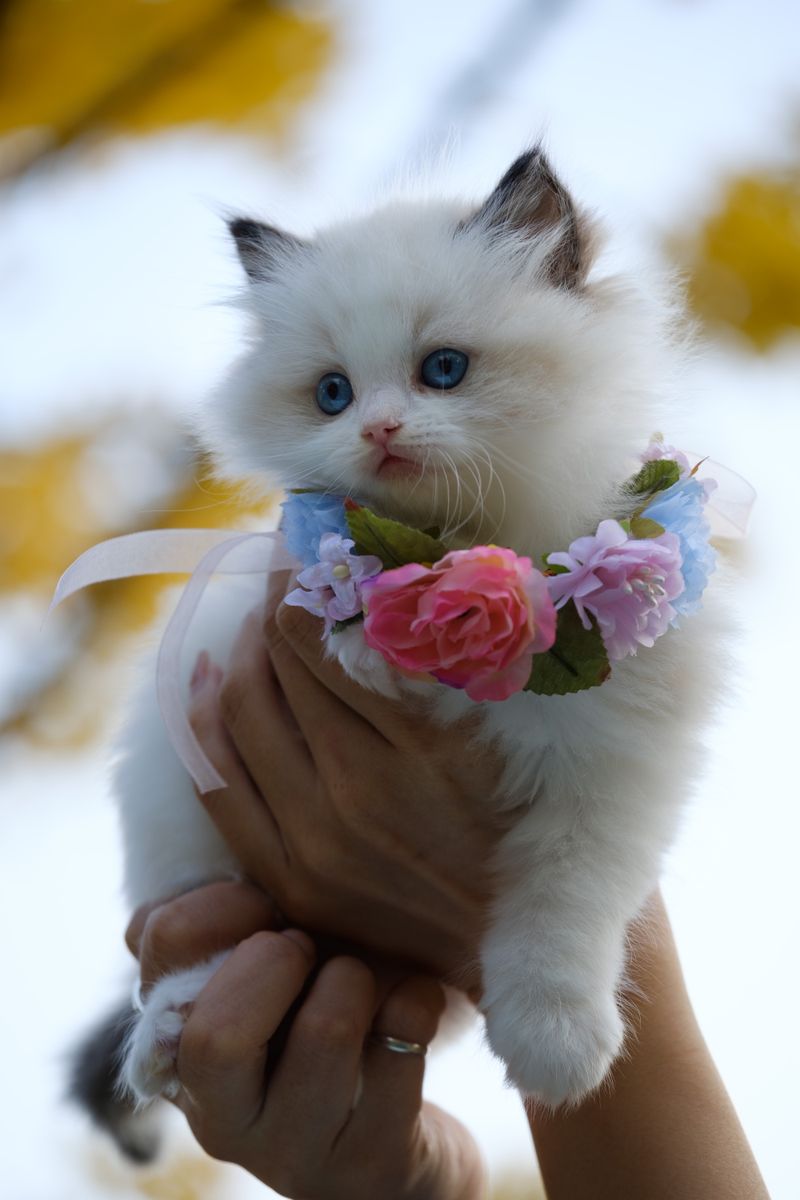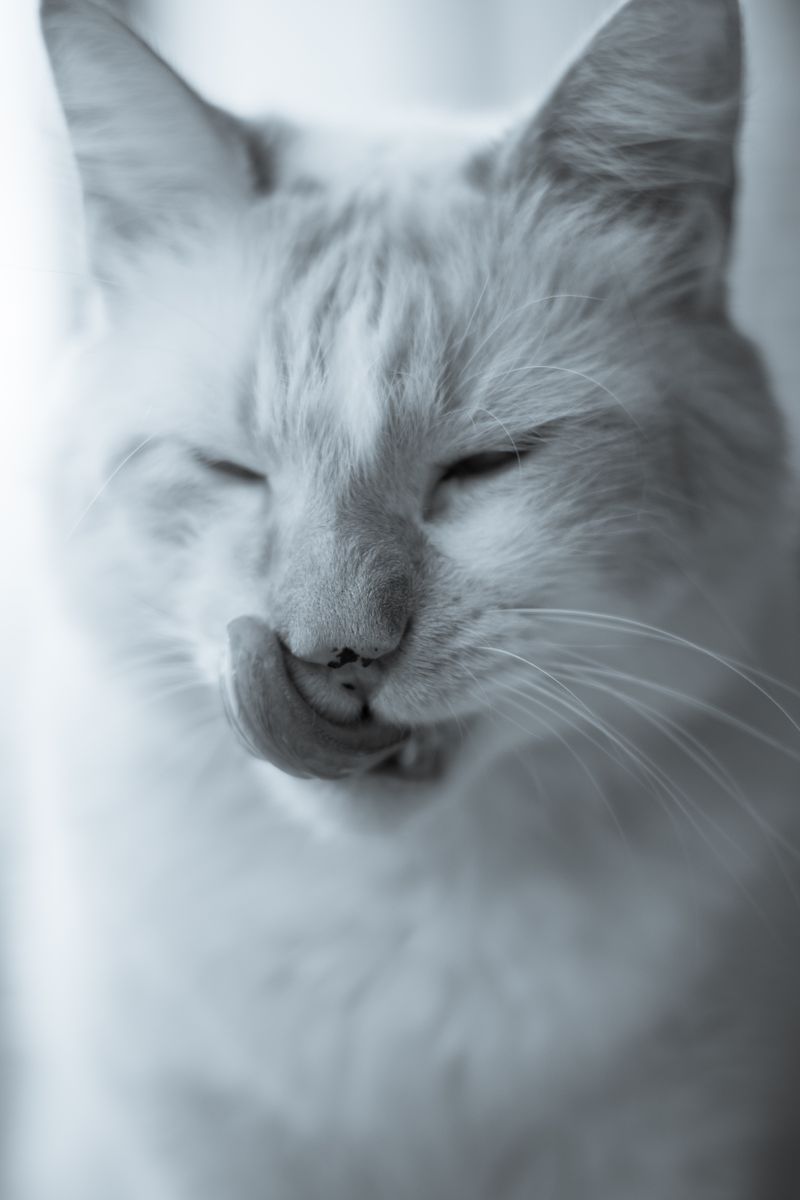邊境牧羊犬有愛心嗎?品種資訊與常問問題
- 2023/5/20 上午 11:37:42
Border Collies: Affectionate and Devoted Companions
Introduction
Border Collies are a popular breed in the United States, thanks to their exceptional intelligence and trainability, as well as being affectionate and devoted to their owners. However, some people might have questions about their affectionate nature and other aspects of their behavior, such as their propensity for separation anxiety, jealousy, and clinginess. In this article, we will explore the affectionate behaviors of Border Collies, discuss their vulnerabilities, and provide some advice for their owners.Border Collies' Affectionate Behaviors
If you've never owned a Border Collie before, you might be surprised by how affectionate they are. They crave human contact and, once bonded to you, will be one of the most affectionate dogs you'll ever own. There are various ways in which they show their affection, some of which are unique to this breed. Here are some of the ways Border Collies show their affection:- Staring intently
- Nudging with their head
- Licking your face
- Jumping on your lap
- Sighing loudly as you pet or scratch them
- Following you around all day
- Bringing you their favorite toy
- Placing their paw on your arm or hand
- Leaning into their favorite human
- Rolling on their back and exposing their belly for a rub
Separation Anxiety
One of the downsides of having such an affectionate and devoted dog is that they are prone to separation anxiety. Border Collies get a bad case of separation anxiety when left alone for extended periods or when their owners leave them at home. They can be very destructive and anxious, making them not recommendable for those who spend most of their day away from home. Owners who leave their Border Collies at home for work can help them alleviate their separation anxiety by training them with toy dispensers, crate training, and calming aids such as blankets or aromatherapy.Jealousy
When a dog or other pet has such extreme affection towards their owner, it is common for them to get jealous from time to time. This is very true of the Border Collie, which can be overly possessive, jealous, or protective of their owner's attention. A new baby, a new puppy, or anyone or anything that takes the owner's attention away from them can make them jealous. Some common signs of jealousy in Border Collies include snapping their teeth, pushing on their owner, destroying objects, barking, crying or whining, having accidents indoors, sulking in another room, and more clinginess than usual. Owners can help their Border Collies by gradually introducing new people and pets to them or getting them adequate training.Clinginess
Border Collies are known for being clingy dogs. They are also referred to as Velcro dogs because they adhere to you all the time, following you wherever you go. Clinginess is a characteristic that Border Collies inherit as a result of their breeding background. They were bred to herd sheep and, as a result, became extremely close to a single human. Once bonded to a person, they will be by their side their entire life. It is advisable for all family members to socialize with their Border Collie to reduce any potential clinginess.Conclusion
Border Collies are remarkable dogs that make exceptional pets and companions. They are affectionate, compassionate, and loving but vulnerable to separation anxiety, jealousy, and clinginess. Owners who want to have a Border Collie should be prepared to devote ample time and attention to them. Providing them with adequate training, grooming, and exercise is essential to ensure their well-being. Border Collies are a great addition to any family, and their affectionate nature will make them a welcomed addition to your home.Border Collie-dogbreeds,bordercollie,temperament,frequentlyaskedquestions,caringforbordercollies
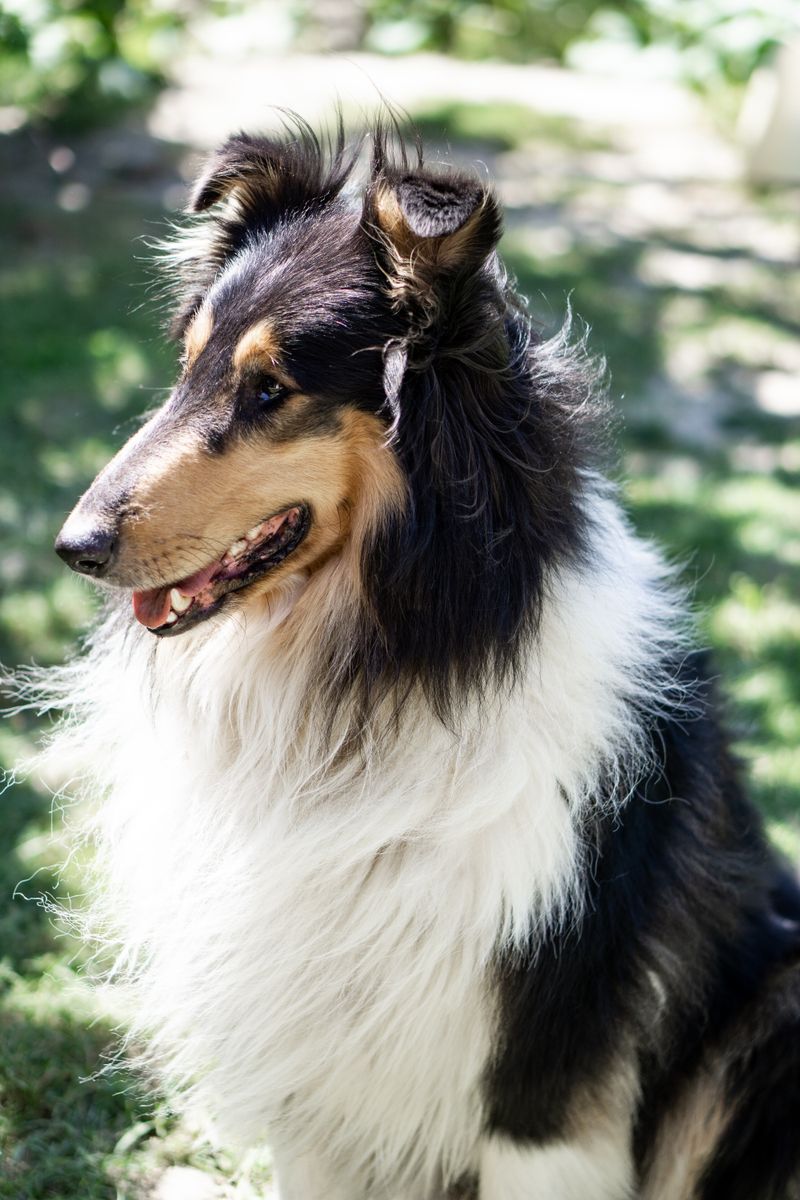
<< photo by Anna Guerrero >>


